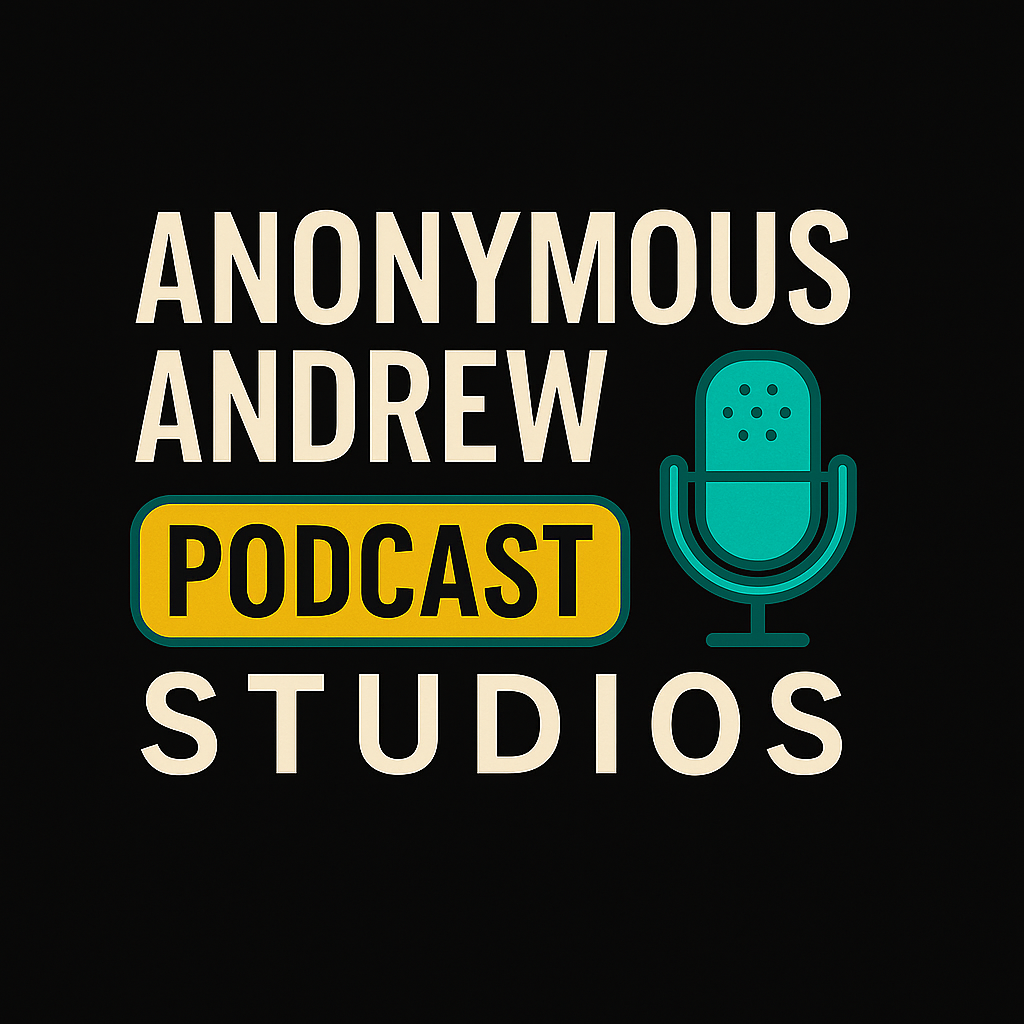Why We Crave What We Can’t Have — But Lose Interest When We Can
Intro: There’s something maddening about desire. The more distant, unavailable, or complicated someone is, the more magnetic they become. Yet once they want us back—once they’re fully present—our desire often fades. This isn’t immaturity or dysfunction. It’s a psychological trap: the paradox of desire. And it plays out in modern dating like clockwork.
Section 1: The Thrill of the Chase Desire thrives in the space between us. It feeds off uncertainty, anticipation, and longing. When someone is unavailable—emotionally, physically, or romantically—our brains often light up. We feel excitement. Hope. Intrigue. The unknown becomes a fantasy we fill in with our own projections.
But when that space closes, when uncertainty is replaced with certainty, that flame can flicker. It’s not because we don’t want connection. It’s because we were in love with the possibility, not necessarily the person.
Section 2: The Psychology Behind It Neuroscience plays a huge role here. Dopamine, the brain’s “wanting” chemical, spikes in moments of tension, novelty, and reward anticipation. It’s not the reward that gets us high — it’s the pursuit. When the pursuit ends, dopamine levels drop. The excitement becomes ordinary. We confuse this dip with a loss of interest.
Attachment styles also play a role. Anxious and avoidant dynamics often mirror this paradox: one partner craves closeness, the other distance. And both feel most alive when the other is just out of reach.
Section 3: Real-World Dating Examples You go on a few amazing dates with someone mysterious. They’re inconsistent, but something about them hooks you. You stay up wondering what they’re thinking. You analyze texts. You’re activated.
But once they start texting back consistently… showing up… opening up… something in you pulls back. It feels too easy. You miss the edge, the tension, the emotional rollercoaster.
This is how emotional unavailability becomes confused with chemistry.
Section 4: How to Break the Cycle The paradox of desire doesn’t mean we’re doomed to want the wrong people forever. But it does mean we need to be more self-aware.
Ask yourself:
- Am I attracted to this person, or the feeling of wanting?
- Do I lose interest when things become emotionally safe?
- Is stability boring to me, or is it just unfamiliar?
Breaking this pattern starts with recognizing that real intimacy isn’t built in adrenaline spikes. It’s built in the calm. In consistency. In someone showing up without the mystery.
Conclusion: The Desire Worth Having The real magic isn’t in chasing what you can’t have. It’s in learning to desire what you do have. To find excitement in connection rather than confusion. To choose the partner who shows up for you — not just the one who keeps you guessing.
Desire that evolves with presence, safety, and emotional maturity isn’t a paradox. It’s a revolution.
